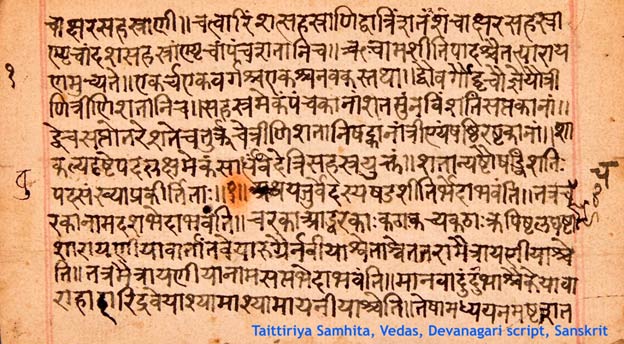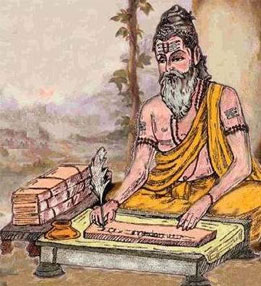Intro/History
Home / History
Ayurveda Intro/History
Ayurveda is the traditional systems of medicine that has survived and flourished from ages till date. With the enormous knowledge of nature based medicine, the relationship of human body constitution and function to nature and the elements of the universe that act in coordination and affect the living beings.

Ayurveda has an age old history since the 2nd Century BC. Ayurveda has its foundations laid by the ancient schools of Hindu Philosophical teachings named Vaisheshika and the school of logic named as Nyaya. It is also related to the manifestation framework, well-known as Samkhya.
The Vaisheshika School preached about inferences and perceptions that should be obtained about a patient's pathological condition for treatment. Whereas, Nyaya school propagated its teachings on the basis that one should have an extensive knowledge of the patient's condition, and the disease condition before proceeding for treatment.
Ayurveda is believed to be based on four eminent compilations of knowledge (Vedas) called as Yajur Veda, Rig Veda, Sam Veda, and Atharva Veda. The Rig Veda is the most well-known of all the four Vedas and describes 67 plants and 1028 Shlokas. The Atharva Veda and Yajur Veda describe 293 and 81 medicinally useful plants. The practice of Ayurveda is based upon the knowledge gained from these Vedas. it was edited by Charaka and some other scholars and is presently called as “Charaka Samhita”. Charaka Samhita describes all aspects of Ayurvedic medicine and Sushruta Samhita describes the Science of Surgery.8, 9, 10, 11 Both these legendary compilations are still used by practitioners of traditional medicine.
Charaka
The term Charaka is a label said to apply to "wandering scholars" or "wandering physicians". According to Charaka's translations, health and disease are not predetermined and life may be prolonged by human effort and attention to lifestyle. As per Indian heritage and science of Ayurvedic system, prevention of all types of diseases have a more prominent place than treatment, including restructuring of lifestyle to align with the course of nature and four seasons, which will guarantee complete wellness.

